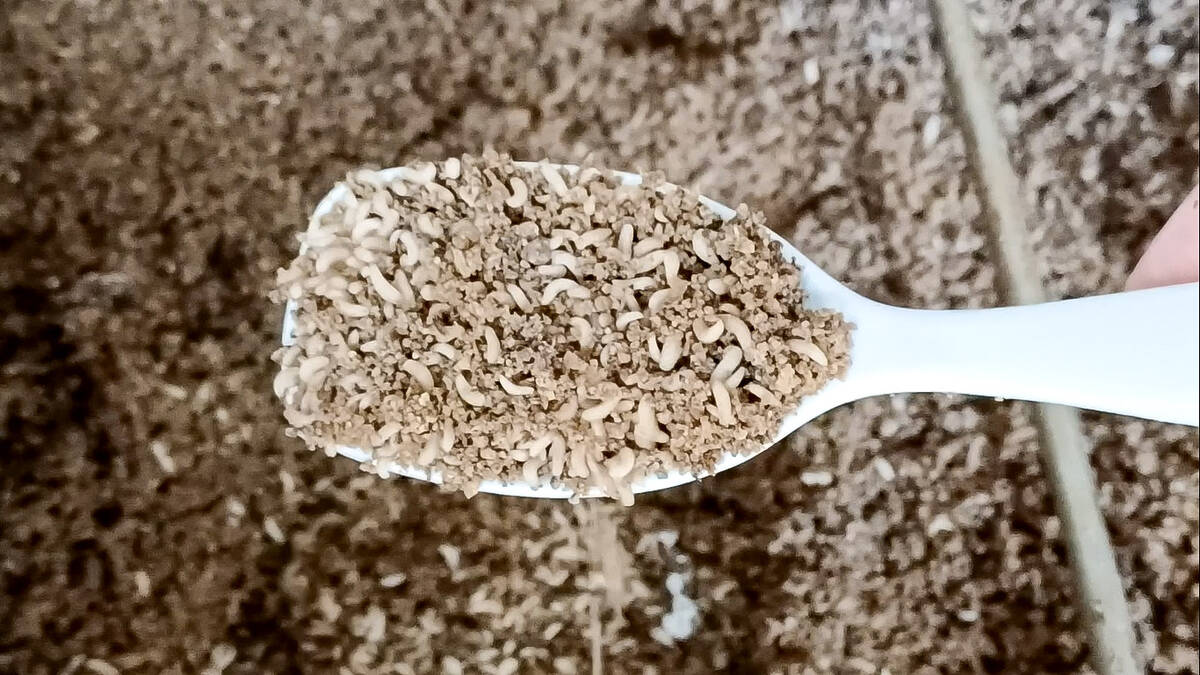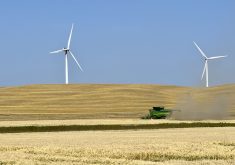I have always had great respect for Laura Rance’s understanding and support for agriculture and rural life in Manitoba. That is until I read her editorial in the Feb. 25 issue of the Manitoba Co-operator, where I was appalled to see her endorsement of Maple Leaf Foods buying bogus carbon credits from American farmers so the company can pollute as usual.
Read Also

Bug farming has a scaling problem
Why hasn’t bug farming scaled despite huge investment and subsidies? A look at the technical, cost and market realities behind its struggle.
This is a typical case of the new global warming denialism. Corporations and individuals can no longer flat out deny global warming, so they use their wealth and influence to devise various schemes that seem logical, but allow pollution to continue.
I refer to carbon credits as bogus simply because of the way nature works. Carbon sequestration begins with photosynthesis, which uses atmospheric carbon dioxide to produce carbon compounds in vegetative growth. This organic carbon remains in this state until the plant is either burned, ingested or decomposed, at which point the carbon is released back into the atmosphere.
Obviously long-lived plants like trees and lumber, with a lifespan of 50 to 100 years have a much greater potential to store carbon than annual crops that live 90 days on a Prairie farm.
The grain consumed (about 60 per cent of the plant growth) is soon consumed as food or feed, releasing the CO2 back into the atmosphere, leaving the root system and above-ground residue as the only source of carbon sequestration. Farmers spend time and fuel to speed up the decomposition of crop residue. The root system decomposes within a year. I therefor argue, if you include the CO2 produced in growing the crop, that annual small grain production in Western Canada is not only incapable of any worthwhile carbon sequestration, it is a net producer of CO2.
Zero till, which I practised for 20 years before retiring, slows down the decomposition process somewhat, but not enough to have any significant impact. Zero till is, however a very important system as far as soil conservation is concerned, but relatively few producers have adopted the practice. If some type of monetary compensation will get more farmers adopting zero-till conservation farming, that would be great.
But we must not pretend we are sequestering carbon so the Maple Leaf Foods of the world can keep on polluting unabated.
A. Ross McMillan
Margaret, Man.
















